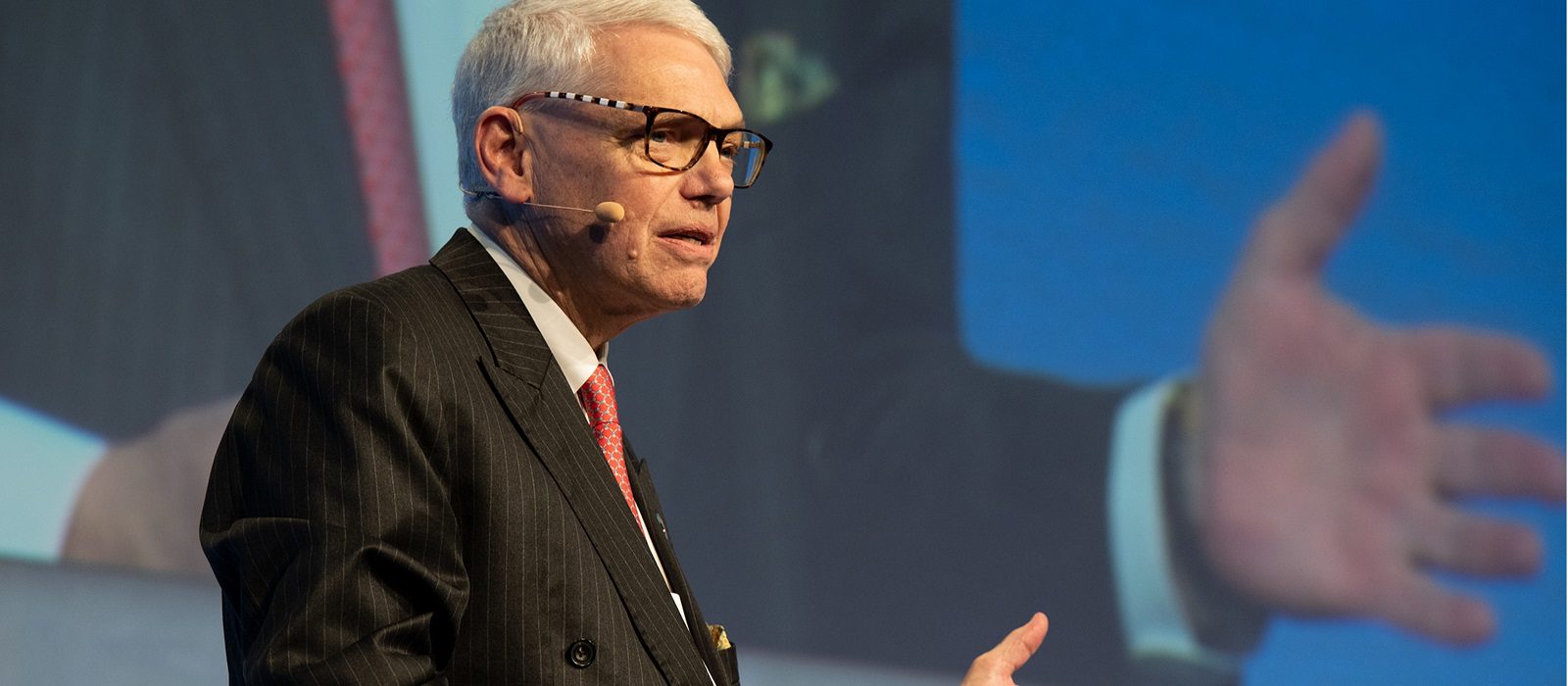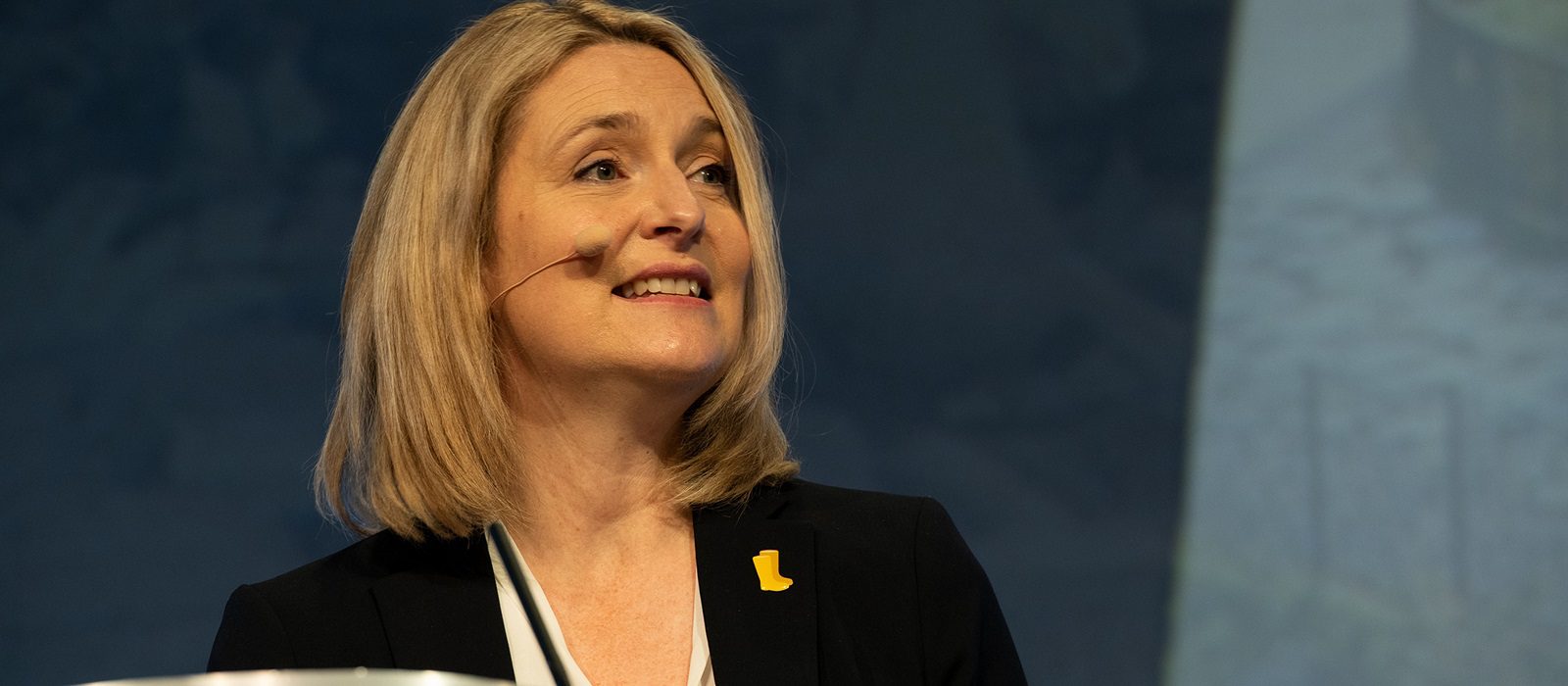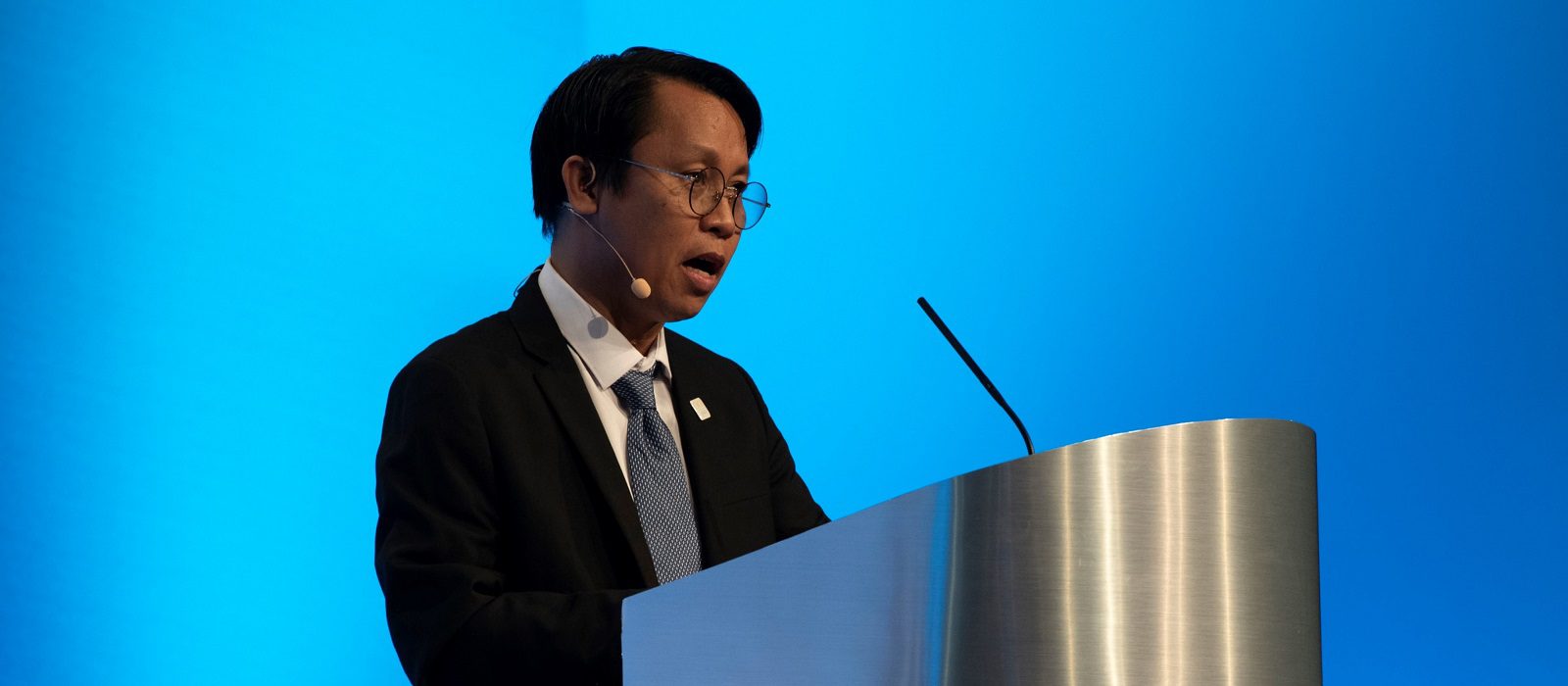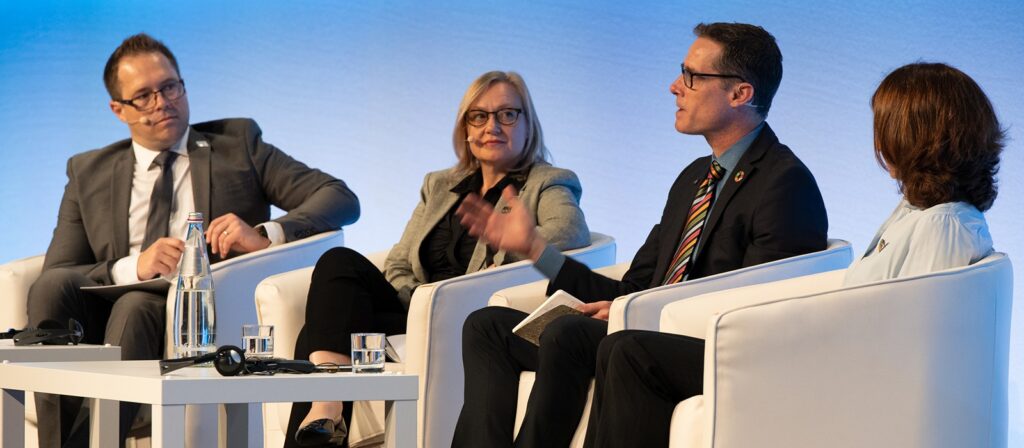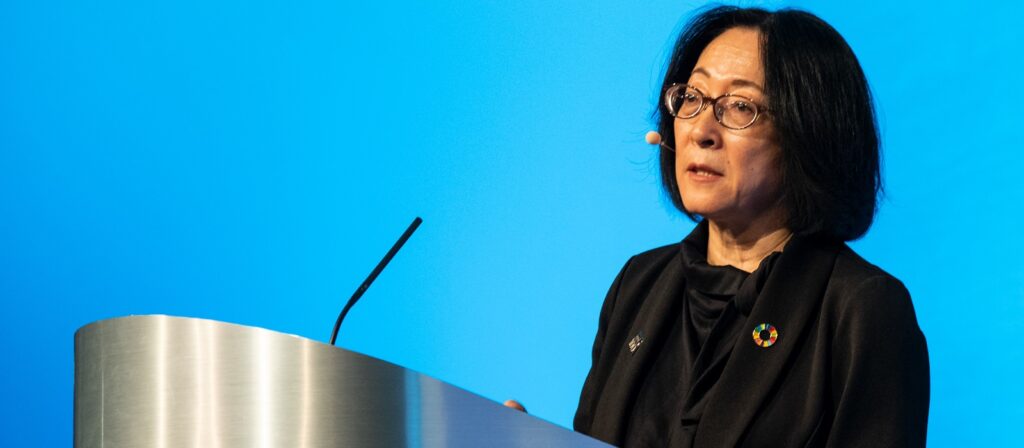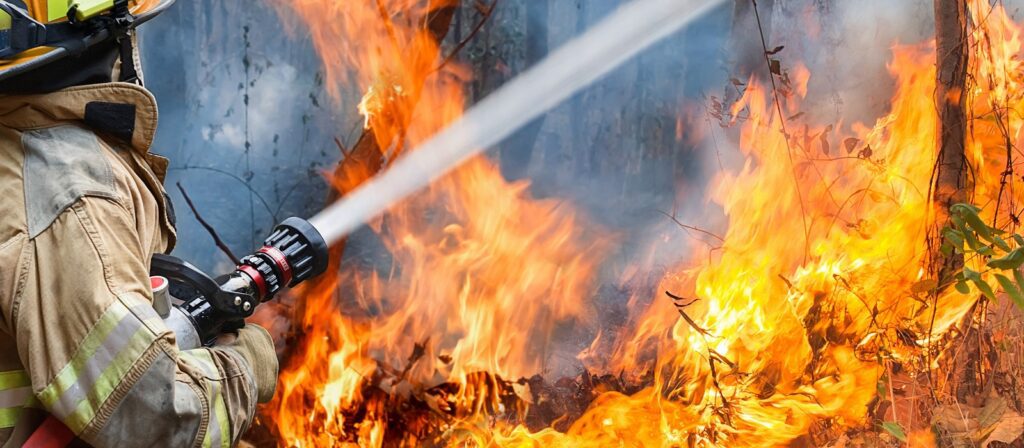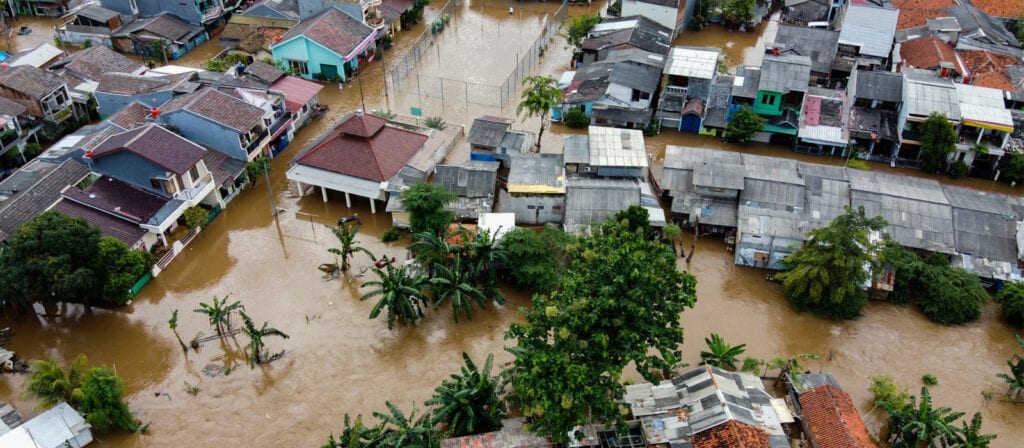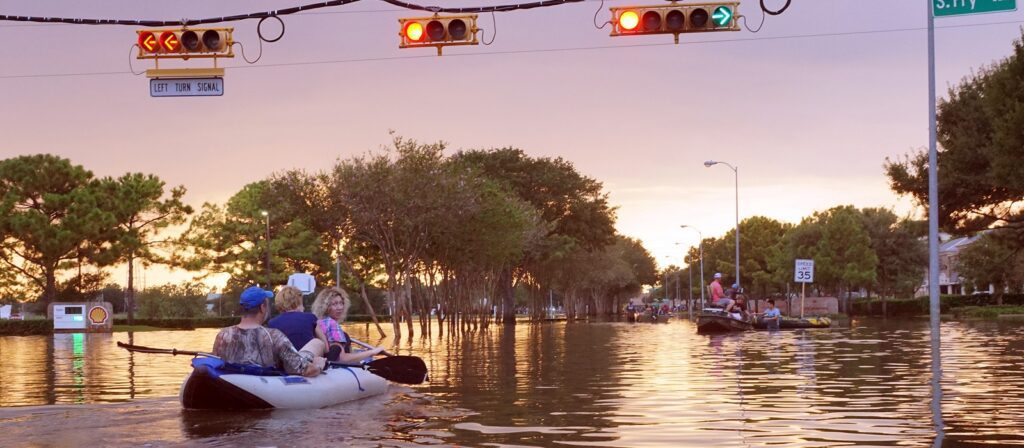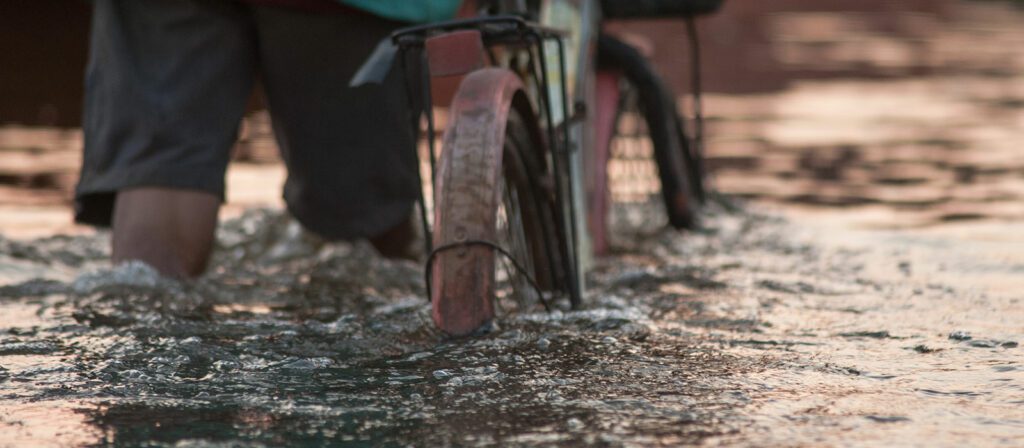Asia Affinity Holding (Hong Kong) provides innovation in insurance for people who are most at risk. With the communities it works with at the core of its business, the organisation serves the underserved to create change in the industry, and aid in increasing financial literacy. Its model is built around empowering the communities it is building and the protection it delivers. It has developed products that combine technology and insurance to better protect those in need, providing them with financial education and risk management tools.
One of the main focuses for the company is ocean-based communities, in particular the Indonesian seaweed industry, which is one of the most valuable commodities today. Asia Affinity created two main businesses, the MariOceans initiative and Sea Green, an ecosystem platform. MariOceans is Indonesia’s newest cooperative and it grows seaweed with artisanal farmers, providing a way of teaching farmers how to farm better. It is currently piloting its first phase with around 50 to 80 farmers and the project will be scaled to 500 at the next stage. The cooperative framework was critical for the success of this programme, as it allows the farmers to share in their own growth and profits.
SeaGreen tracks every stage of the value chain, every change of state and change in ownership, allowing the farmers to retain ownership of the seaweed until it has been paid for, preventing control being taken by a middleman. The platform fosters transparency and traceability, making seaweed financeable and providing buyers with information about the product’s origin, harvest readiness, and quality.
For NFU Mutual, the leading rural community insurer in the UK, farm safety is a primary concern, with more than 18% of all deaths in UK workplaces occurring on a farm. This means that agricultural workers are 21 times more likely to die than any other industry worker. Farm accidents and personal injury are not the only cause for concern. The mental health of farm workers is also a safety matter, with twice as many of the lives lost in agriculture being from suicide than from accidents. To combat this, NFU Mutual set up the Farm Safety Foundation, an independent charity, to work with farming communities to shed light and provide support to prevent accidents, foster behavioural change and build resilience for the sector.
The charity achieved this through four main activities:
- Education: producing high-quality, innovative education tools and technology through multiple touchpoints, NFU Mutual is equipping the farms of the future with resilient learning and a positive safety culture.
- Community engagement: providing face-to-face conversations at various community platforms to discuss and explain reduced risk-taking, correcting poor safety behaviour and the benefits throughout the value chain.
- Awareness: NFU Mutual supports the two campaigns organised annually by the Farm Safety Foundation: Farm Safety Week and Mind Your Head, aimed at safety and mental health awareness, respectively, to break stigma around mental health and encourage people to seek help.
- Research: the Farm Safety Foundation explores the attitudes and behaviours of farmers to understand risk factors around farm safety and poor mental health. This research is used to influence policy and practice and promote resilience.
Rural theft in the UK is estimated to have cost GBP 40 million in 2021 and, with the rising cost of living, it is only expected to continue rising. The insurer incentivises customers to protect their property and reduce risk through discounts on security products and agricultural vehicle premiums if they use approved measures. It is also working with the police to keep people safe from theft. Through knowledge sharing with the police, NFU Mutual can identify risk areas and warn people about rising trends. In 2021, NFU Mutual recovered GBP 2.6 million of stolen machinery, a 13% increase from 2020.
CLIMBS (Philippines) is a life and general insurer which provides protection to many rural Filipinos who are vulnerable to natural disasters. Every year, the Philippines experiences about 20 tropical storms, five of which are very destructive. Many Filipinos are affected, including farmers whose livelihoods are vulnerable and at risk due to natural catastrophes. The Philippine Insurance Commission has allowed non-life insurance companies to provide agricultural insurance independently or in collaboration with any national or international public and private insurers. The need for an effective insurance programme for the agricultural sector has become essential.
Achieving food security will require new and existing applications of science and technology and innovation across the agricultural sector. CLIMBS has introduced an enhanced Weather Protect Insurance to help those affected by natural disasters cope and to assist cooperatives to manage possible losses brought on by such events. The product was created in partnership with organisations which share similar values from the international sector: ICMIF, IBISA Network (Luxembourg, another ICMIF member), the International Center for Tropical Agriculture (CIAT), and Global Parametrics.
The enhanced Weather Protect Insurance is an innovative solution that uses blockchain technology with a unique feature on smart agriculture to help build resilience and sustainability among farmers. The product is in line with the Philippines’ development plan to promote agriculture microinsurance products, increase sector resilience to climate risk and introduce innovative risk transfer mechanisms.
Climate change is one of the most critical challenges of our time, affecting communities and economies worldwide. In response to this urgent issue, Co-operators (Canada) has devised a comprehensive plan to tackle climate change through adaptation and resilience. Driven by its purpose of ensuring financial security for Canadians and communities, Co-operators recognised the need for collaborative action and investment in climate solutions
Projections estimate insured losses from climate change events in Canada at a CAD 5.3 billion annually, with homeowners and governments facing costs three to four times this amount. As risks increase, the protection gap widens. To bridge this gap, Co-operators recognises that relying solely on insurance is not sufficient. Alternative mechanisms, such as adaptation and resilience, are essential.
Co-operators has committed over CAD 2.5 billion, approximately 21% of its investment portfolio, to impact investments and by 2030, Co-operators aims to allocate 60% of its invested assets to impact or transition investments, with a primary focus on climate-resilient infrastructure. Recognising that it cannot solve this problem alone, Co-operators has forged partnerships with other industry organisations and municipal governments in Canada. Municipal governments, controlling 60% of Canada’s infrastructure, often face limitations in accessing capital, making such collaborations crucial.
Leveraging its capital and expertise in risk assessment, Co-operators has developed a model to fund projects that enhance and build resilient infrastructure for the future. One initiative under review is flood resilience, where the creation of “dry ponds” in historically flooded areas fortifies the region against stormwater and promotes proper water flow, reducing risks and ensuring stability. While such projects currently lack private investor involvement due to limited government funding, Co-operators aims to pilot these initiatives using its own capital. The long-term vision is to scale these projects and invite other institutional investors to participate, fostering widespread resilience.
Session speakers:
- Graham Clark, CEO, Asia Affinity (Hong Kong)
- Rebecca Davidson, Press and Public Affairs Manager, NFU Mutual (UK)
- Noel Raboy, President and CEO, CLIMBS (Philippines)
- Chad Park, Vice President, Sustainability & Citizenship, Co-operators (Canada)
- Abhilash Panda, Head, Financing Prevention, De-risking investment & Infrastructure Resilience, United Nations Office for Disaster Risk Reduction (UNDRR) moderator
